In today’s digital landscape, ensuring the security of your website is more important than ever. One of the key elements to maintaining that security is your SSL certificate. If you’re reading this, you might be gearing up to renew yours, and guess what? You’re in the right place! Renewing your SSL certificate might sound daunting, but it doesn’t have to be. In fact, with our straightforward, three-step tutorial, you’ll have your certificate renewed in no time—no tech jargon or complicated processes here! So, grab a cup of coffee, kick back, and let’s dive into how you can effortlessly keep your website safe and secure in 2024. Your visitors will thank you, and your peace of mind will be priceless!
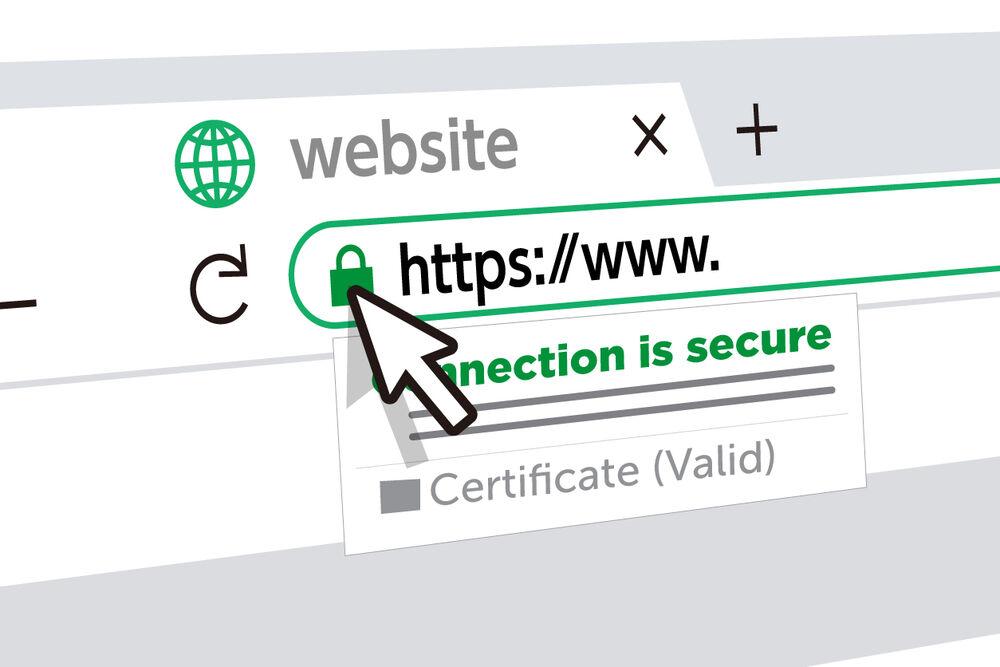
Understanding the Importance of SSL Certificates for Your Website
In today’s digital landscape, ensuring the security and integrity of your website is paramount. SSL certificates play a crucial role in this, serving as a protective layer that encrypts the data exchanged between your site and its visitors. Without an SSL certificate, sensitive information, such as login credentials and payment details, can be easily intercepted by malicious actors. This not only puts your users at risk but can also damage your brand’s reputation.
Here are a few compelling reasons why you should prioritize SSL certificates:
- Data Protection: SSL certificates encrypt data, making it nearly impossible for hackers to read any information exchanged.
- Trust and Credibility: Users are more likely to engage with a website that displays a padlock icon in the address bar, signaling that their data is secure.
- SEO Benefits: Search engines like Google favor HTTPS sites, potentially boosting your rankings in search results.
- Compliance: Many regulations require businesses to protect consumer data, and having an SSL certificate is often part of the compliance checklist.
Understanding the importance of SSL certificates is the first step in maintaining your website’s security. Renewal is crucial, as expired certificates can lead to security warnings that deter users from visiting your site. To facilitate a smooth renewal process, it is important to keep track of your SSL’s expiration date and set reminders ahead of time.
In addition to renewing your SSL certificate, consider the following best practices:
- Choose the Right Type of SSL: Depending on your business needs, you may need a Domain Validation (DV), Organization Validation (OV), or Extended Validation (EV) certificate.
- Regularly Update Server Configurations: Ensure your server settings are optimized for SSL and check for vulnerabilities regularly.
- Monitor Your SSL Status: Use online tools to check the health of your SSL certificate and ensure it is functioning as intended.
By understanding and implementing these aspects of SSL certificates, you not only protect your website but also create a safe online environment that encourages user engagement and trust. Remember, a secure site is a successful site, and keeping your SSL up to date is a vital part of that equation.
When Should You Renew Your SSL Certificate
Renewing your SSL certificate is crucial for maintaining the security and trust of your website. The timing of this renewal can significantly impact your site’s performance and user confidence. Generally, it’s advisable to initiate the renewal process well before the certificate’s expiration date, typically no less than 30 days in advance. This proactive approach not only avoids any potential downtime but also gives you ample time to troubleshoot any issues that may arise during the renewal process.
Moreover, consider the specific type of SSL certificate you have. Different types may have varying lifespans. For example:
- Domain Validated (DV): Usually valid for 1 year.
- Organization Validated (OV): Typically valid for 1-2 years.
- Extended Validation (EV): Often valid for 1-2 years.
It’s also essential to keep an eye on your SSL certificate’s expiration date. You can set reminders to alert you as the date approaches. This practice not only aids in timely renewal but also enhances your website’s overall security posture. Keeping your SSL certificate up to date helps protect your users’ data and increases trust in your brand.
Some web hosting companies and SSL providers offer automated renewal services. If you choose to utilize these, ensure that your payment information is current and accurate to avoid any interruptions. Having an automated renewal system can simplify the process and provide peace of mind.
Lastly, always check your SSL certificate after renewal. Use online tools to confirm that the new certificate is correctly installed and functioning. This verification step is vital to ensure that your visitors can connect securely and that your website remains compliant with industry standards.
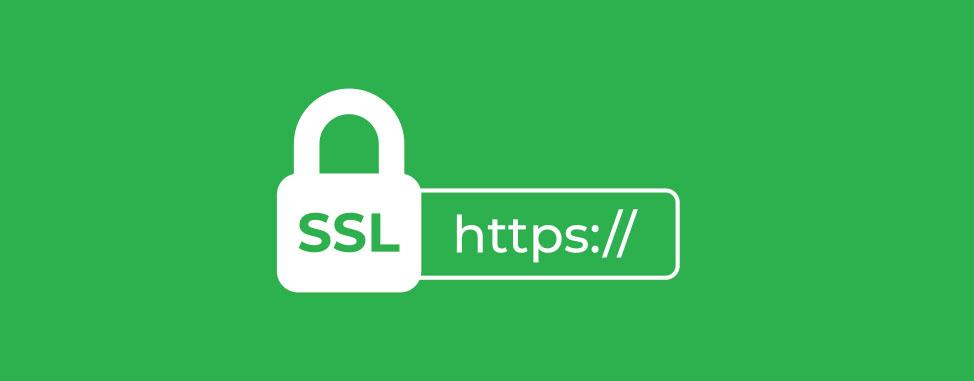
Choosing the Right SSL Certificate for Your Needs
First things first, consider the type of SSL certificate you need based on the scale of your website and its requirements:
- Single Domain SSL: Perfect for websites with a single domain that need basic encryption.
- Wildcard SSL: Ideal for businesses with multiple subdomains, as it secures one domain and all its subdomains.
- Multi-Domain SSL: A great choice for those managing several different domains, providing coverage for multiple sites under one certificate.
- Extended Validation (EV) SSL: This not only encrypts data but also enhances your brand’s credibility with a visible green address bar, making it suitable for e-commerce or any site requiring high trust.
Next, assess the level of validation you require:
- Domain Validation (DV): Basic level of validation, confirming ownership of the domain.
- Organization Validation (OV): Offers a higher level of validation by verifying the organization behind the website.
- Extended Validation (EV): The most comprehensive validation, ensuring your business’s identity is accurately represented online.
| SSL Type | Best For | Validation Level |
|---|---|---|
| Single Domain | Basic Websites | DV |
| Wildcard | Multiple Subdomains | DV/OV |
| Multi-Domain | Various Domains | DV/OV |
| EV SSL | E-commerce & High Trust Sites | EV |
Lastly, consider the provider’s reputation and support services. Look for a provider that offers:
- Customer Support: 24/7 support can be invaluable if you encounter issues.
- Warranty: Some SSL certificates come with a warranty which can offer additional peace of mind.
- Easy Installation: A user-friendly interface can save you time and headaches during setup.
By carefully evaluating your needs and understanding the options available, you can confidently select the SSL certificate that not only protects your website but also enhances your brand’s credibility online.
Step One: Preparing for the Renewal Process
Before diving into the renewal process, it’s essential to gather all the necessary information and materials to ensure everything goes smoothly. Start by checking the expiration date of your current SSL certificate. Typically, SSL certificates are issued for one year or two years, depending on your provider and requirements. Make note of the expiration date to avoid any service interruptions.
Next, determine which type of SSL certificate you need for your website. There are several types, including:
- Domain Validated (DV): Quick issuance, basic validation.
- Organization Validated (OV): More thorough validation, suitable for businesses.
- Extended Validation (EV): Highest level of validation, ideal for e-commerce sites.
Once you have identified the type of SSL certificate you need, it’s time to gather any necessary documentation. For OV and EV certificates, you may need to provide proof of your organization’s legitimacy, such as:
| Document Type | Description |
|---|---|
| Business License | Proof that your business is registered and operating legally. |
| Articles of Incorporation | Documents that confirm the formation of your company. |
| Tax ID Number | A unique identifier issued by the government for tax purposes. |
Additionally, check your hosting provider’s policies regarding SSL renewal. Some providers offer automatic renewal services, while others might require you to initiate the process manually. Understanding your provider’s system will save you time and effort when you’re ready to renew.
Lastly, ensure that your contact information is up to date with your SSL certificate provider. This information is crucial, as it will be used for validation and notifications regarding your certificate’s status. Having accurate contact details will help you avoid any potential lapses in your SSL coverage.
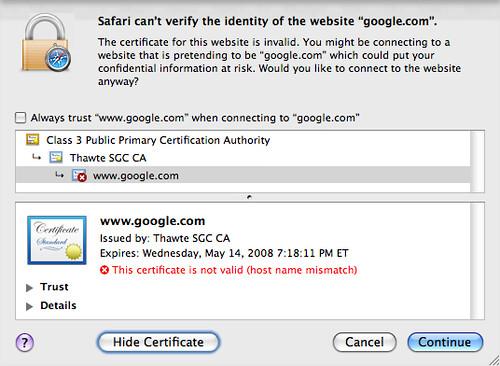
Step Two: Renewing Your SSL Certificate Made Easy
Renewing your SSL certificate doesn’t have to be a daunting task. With a few straightforward steps, you can ensure that your website remains secure and trustworthy. The first thing you need to do is identify your current SSL provider. If you’re unsure, you can check your website’s SSL status through various online tools or your web hosting control panel.
Once you’ve confirmed your provider, log into your account to access your SSL management dashboard. This is where you’ll initiate the renewal process. Most providers will have a clear option for renewing your certificate. If you’re using a popular hosting service like GoDaddy, Bluehost, or SiteGround, you will find simple interface options that guide you through the renewal steps without hassle.
Before you hit that renew button, it’s essential to double-check your certificate details. Ensure the domain name is correct and consider whether you need to upgrade to a more robust SSL option, such as a wildcard or multi-domain certificate. This could save you time and money down the line. If you decide to upgrade, many providers offer a comparison table to help you choose the best plan:
| Certificate Type | Coverage | Price |
|---|---|---|
| Single Domain | 1 Domain | $10/year |
| Wildcard | 1 Domain + Subdomains | $50/year |
| Multi-Domain | Multiple Domains | $70/year |
After confirming your choices, proceed to the renewal payment. Most providers offer various payment methods, making it convenient for you. Once your payment is processed, you’ll receive a confirmation email along with instructions on how to install the renewed certificate. This is often the easiest part, as many hosts have one-click installations or automated processes.
remember to test your renewed SSL certificate. Utilize online SSL checking tools to ensure everything is functioning correctly. A properly installed and renewed SSL certificate will reflect a secure connection padlock in the browser, reassuring your visitors that their data is safe. By following these straightforward steps, you can keep your website secure and maintain the trust of your users.
Step Three: Installing Your New SSL Certificate Without Stress
Now that you have your new SSL certificate ready, it’s time to install it on your server. Don’t worry; this process can be smooth and stress-free with the right steps. Follow these guidelines to ensure your certificate is up and running in no time.
First, you’ll need access to your web server or hosting control panel. Depending on your provider, the specific steps may vary, but here are the general actions you should follow:
- Backup Your Current Certificate: Before making any changes, always create a backup of your existing SSL certificate and related files. This will help you revert back in case something goes wrong.
- Upload Your New SSL Certificate: Use the file manager or FTP to upload your new SSL certificate files. Typically, you’ll have a certificate file, a private key, and sometimes an intermediate certificate.
- Install the Certificate: Access your hosting provider’s SSL settings. This could be in cPanel, Plesk, or another control panel. There should be an option to install or manage SSL certificates.
Next, you’ll need to configure your server to utilize the new certificate. Here’s a quick checklist to ensure you’ve covered all bases:
- Update the Configuration Files: Modify your web server’s configuration files (like
httpd.conffor Apache ornginx.conffor Nginx) to point to your new certificate files. - Test Your Installation: After installation, use an SSL checker tool to verify that the new certificate is installed correctly and there are no issues.
- Force HTTPS: If you haven’t already, implement a redirect to ensure that all traffic is directed through HTTPS. This can be done via .htaccess or server settings.
Lastly, keep an eye on your SSL certificate’s validity. Consider setting up reminders for when it’s time to renew again. To simplify this process, it might be useful to keep a renewal schedule. Here’s a quick table to help you track:
| Certificate Type | Issue Date | Expiration Date | Renewal Reminder |
|---|---|---|---|
| Standard SSL | Jan 1, 2024 | Jan 1, 2025 | Dec 1, 2024 |
| Wildcard SSL | Feb 15, 2024 | Feb 15, 2025 | Jan 15, 2025 |
| Extended Validation | Mar 10, 2024 | Mar 10, 2025 | Feb 10, 2025 |
By following these steps, you can install your new SSL certificate confidently and maintain the security of your website without the hassle. Happy browsing!
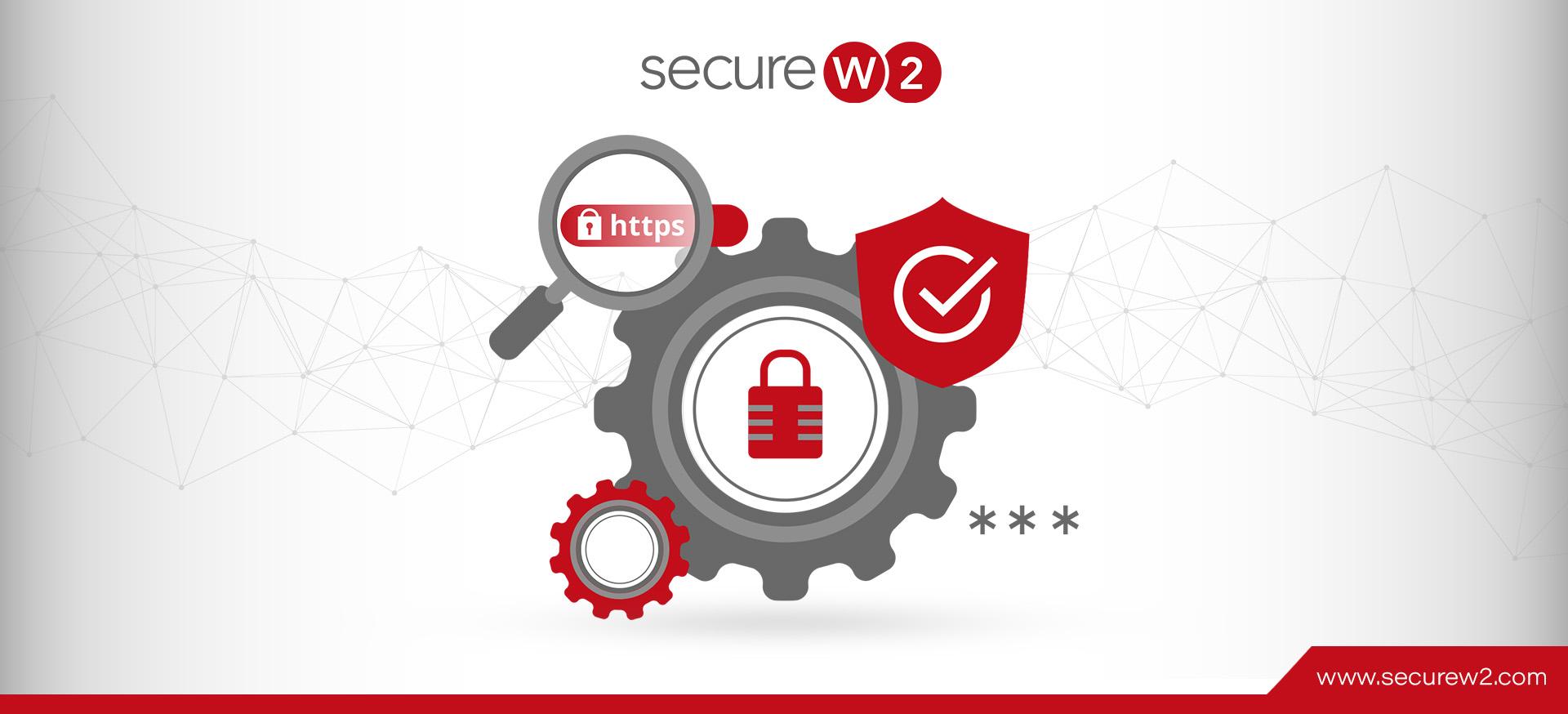
Common Mistakes to Avoid During the Renewal Process
Renewing your SSL certificate is a crucial step in maintaining your website’s security, but many overlook important details that can lead to significant issues. To ensure a smooth renewal process, here are some common pitfalls to steer clear of:
- Ignoring Expiration Dates: One of the biggest blunders is forgetting to keep track of your SSL certificate’s expiration date. Set reminders well in advance to avoid last-minute scrambles.
- Neglecting Domain Validation: If you’re renewing a certificate that requires domain validation, ensure that you have access to the necessary email accounts or DNS settings. Failing to confirm your ownership can delay the renewal process.
- Overlooking Certificate Type: Different websites require different types of SSL certificates. Make sure you’re renewing the same type (e.g., DV, OV, EV) that meets your website’s security needs.
Another common mistake is not backing up the private key associated with your SSL certificate. Losing this key can result in permanent data loss, forcing you to generate a new CSR and possibly losing the trust built with your current certificate. Always maintain a secure copy of your private key.
It’s also essential to review your hosting provider’s guidelines on SSL renewal. Some providers have specific procedures, and failing to follow these can lead to unnecessary complications. Familiarize yourself with their requirements to streamline the process.
Lastly, don’t forget to test your certificate after renewal. Use online tools to verify that everything is functioning correctly. This step is often overlooked, but a quick check can save you from potential security warnings that may deter visitors.
By avoiding these common mistakes, you can ensure that your SSL certificate renewal goes smoothly, keeping your website secure and your visitors confident in their interactions with your site.
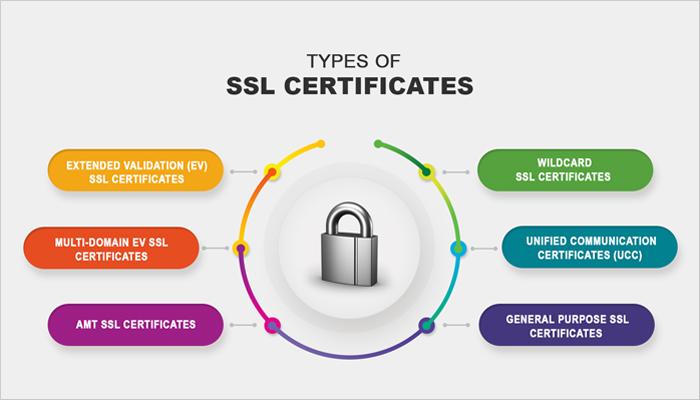
Testing Your SSL Certificate After Renewal
- Inspect the Certificate Details: Begin by clicking on the padlock icon in the address bar of your browser. This action will display information about the certificate, such as the issuer, validity period, and any associated errors.
- Check for Mixed Content: Use browser developer tools to identify any mixed content issues. Ensure that all resources, such as images and scripts, are loaded over HTTPS to avoid security warnings.
- Use Online SSL Checkers: There are multiple free tools available that can perform a thorough analysis of your SSL configuration. Websites like SSL Labs or Why No Padlock can provide detailed reports and highlight potential vulnerabilities.
Additionally, consider running a server configuration test. This can help identify any misconfigurations that could compromise your site’s security. You can utilize tools such as:
| Tool | Description |
|---|---|
| SSL Labs | Provides a comprehensive report on your SSL configuration. |
| Why No Padlock | Detects mixed content and other security issues. |
| ImmuniWeb | Offers vulnerability scanning and compliance checks. |
after confirming that your SSL certificate is functioning correctly, it’s wise to perform regular checks. This proactive approach can help prevent future issues and keep your website secure.

Keeping Your SSL Certificate Up to Date for Ongoing Security
Here are some vital reasons to prioritize your SSL certificate renewal:
- Trust and Credibility: Customers are more likely to engage with a website that displays the “secure” padlock symbol. An up-to-date SSL certificate reinforces the trustworthiness of your site.
- Search Engine Ranking: Search engines favor secure sites. A valid SSL certificate can positively influence your site’s SEO, giving you an edge over competitors.
- Data Protection: An active SSL certificate encrypts sensitive data exchanged between your website and its visitors, safeguarding it from cyber threats.
To streamline the renewal process, consider the following steps:
- Monitor Expiration Dates: Keep a calendar reminder or use automated tools to alert you ahead of expiration dates. This proactive approach can save you from last-minute scrambles.
- Choose the Right Certificate: Depending on your website’s requirements, select the appropriate SSL certificate type. For example, if you manage an e-commerce site, opting for an Extended Validation (EV) certificate may provide an added layer of trust.
- Follow Your Provider’s Instructions: Each SSL provider has its own renewal process. Familiarize yourself with their specific guidelines to ensure a smooth transition without downtime.
To visualize your options, here’s a simple comparison table of common SSL certificate types:
| Certificate Type | Validation Level | Recommended For |
|---|---|---|
| Domain Validated (DV) | Basic | Blogs and Personal Websites |
| Organization Validated (OV) | Medium | Business Websites |
| Extended Validation (EV) | High | E-commerce and Financial Sites |
By following these guidelines and understanding the importance of your SSL certificate, you can ensure ongoing security for your website and peace of mind for your visitors. Remember, a secure site builds credibility and trust—two essential components for business success in today’s digital landscape.
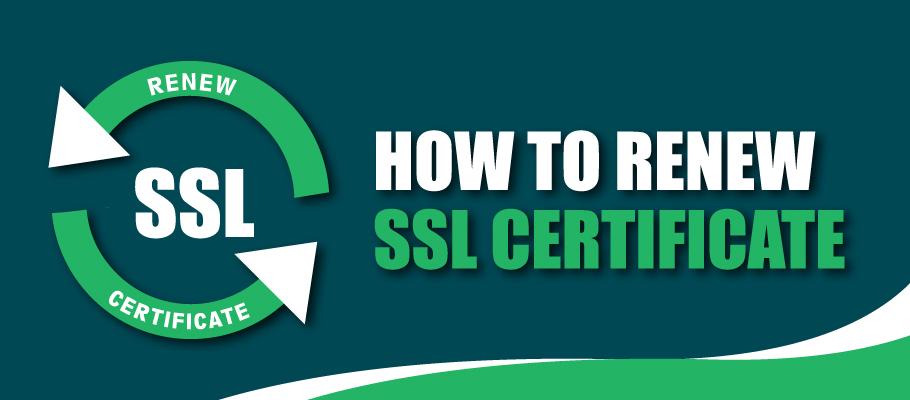
Expert Tips for a Seamless SSL Certificate Renewal Experience
- Set a Reminder: Proactively set reminders for when your SSL certificate is nearing its expiration date. A 30-day notice is ideal, giving you ample time to handle the renewal without last-minute stress.
- Choose the Right Certificate: Evaluate your needs and consider whether your current SSL certificate still meets your requirements. If your website has grown, you may need to upgrade to a more comprehensive certificate.
- Double-Check Domain Control: Ensure you have access to the domain you’re renewing the SSL for. This often involves verifying your domain ownership, so make sure you’re prepared with the necessary credentials.
Once you’ve got the basics covered, here’s a practical checklist to streamline your renewal process:
| Task | Status |
|---|---|
| Check Certificate Expiry Date | ✔️ Completed |
| Backup Current SSL Certificate | ✔️ Completed |
| Initiate Renewal Process | ❌ Pending |
| Install New Certificate | ❌ Pending |
Additionally, stay in touch with your SSL provider for any updates or changes in the renewal process. Many providers offer customer service that can guide you through any hiccups, making it easier for you to maintain security on your site.
Lastly, once your renewal is complete, run a couple of tests to confirm that the new SSL certificate is properly installed. Use online tools to check for any potential issues. Keeping your website secure is essential, and a little diligence can go a long way in ensuring your SSL renewal process is hassle-free.
Frequently Asked Questions (FAQ)
Q: Why is renewing my SSL certificate important?
A: Great question! Renewing your SSL certificate is crucial because it ensures that your website remains secure and trustworthy. An expired certificate can lead to browser warnings that discourage visitors and can harm your site’s reputation. Plus, maintaining an SSL certificate helps protect sensitive data, like customer information and payment details.
Q: What happens if I don’t renew my SSL certificate on time?
A: If you let your SSL certificate expire, your website will display a security warning to visitors, which can drive potential customers away. Moreover, any encrypted connections will be compromised, leaving data vulnerable to interception. It’s a bit like leaving your front door unlocked—better to keep it secure!
Q: What are the three simple steps to renew my SSL certificate?
A: Renewing your SSL certificate is easier than you might think! Here’s a quick rundown:
- Purchase the Renewal: Start by logging into your SSL provider’s account and selecting the option to renew your certificate. Make sure to choose the same certificate type unless you want to upgrade!
- Generate a CSR: Next, you’ll need to generate a Certificate Signing Request (CSR) from your web server. This is like a request for a new key to your secure door.
- Install the New Certificate: once you receive your renewed certificate, simply install it on your server. Voila! Your website is secure once again.
Q: How long does the renewal process take?
A: The renewal process can be surprisingly quick! Often, you can complete it in just a few hours, especially if you have all your necessary information handy. However, be sure to start the process a few weeks before the expiration date to avoid any last-minute issues.
Q: Can I renew my SSL certificate before it expires?
A: Absolutely! In fact, it’s best practice to renew your certificate a few weeks prior to its expiration. Many SSL providers allow you to renew up to a year in advance, so you can keep your website secure and avoid any downtime.
Q: What if I encounter problems during the renewal process?
A: No worries! Most SSL providers offer customer support to help you out. Don’t hesitate to reach out for assistance if you run into any hiccups. Additionally, many online resources and tutorials can guide you through common issues.
Q: Is renewing my SSL certificate really worth the time and effort?
A: Absolutely! Think of it this way: a secure website builds trust with your visitors, boosts your SEO rankings, and protects your business from breaches. In today’s digital landscape, investing a little time in SSL renewal is a smart move for any website owner.
Q: Where can I learn more about SSL certificates and their benefits?
A: You’re already on the right track! Check out our full article on SSL certificates, which breaks down everything from the basics to advanced topics. Plus, consider visiting your SSL provider’s website, as they often have helpful resources, FAQs, and guides to assist you.
Feel confident in your ability to renew your SSL certificate now? Your website’s security is in your hands, and with these simple steps, you’ll ensure that your online presence stays safe and sound!
Insights and Conclusions
And there you have it! Renewing your SSL certificate doesn’t have to be a daunting task. With these three simple steps, you can ensure that your website remains secure and trustworthy, keeping both you and your visitors safe. Remember, a valid SSL certificate is not just about compliance; it’s about building credibility and protecting your online presence.
So, don’t wait until the last minute—set a reminder for your next renewal date, and make this process a regular part of your website maintenance routine. If you have any questions or need assistance, feel free to reach out to your SSL provider or consult their resources.
Now that you’re equipped with the knowledge to renew your SSL certificate effortlessly, go ahead and take action! Your website will thank you for it, and your visitors will appreciate the peace of mind that comes with a secure browsing experience. Happy renewing!

